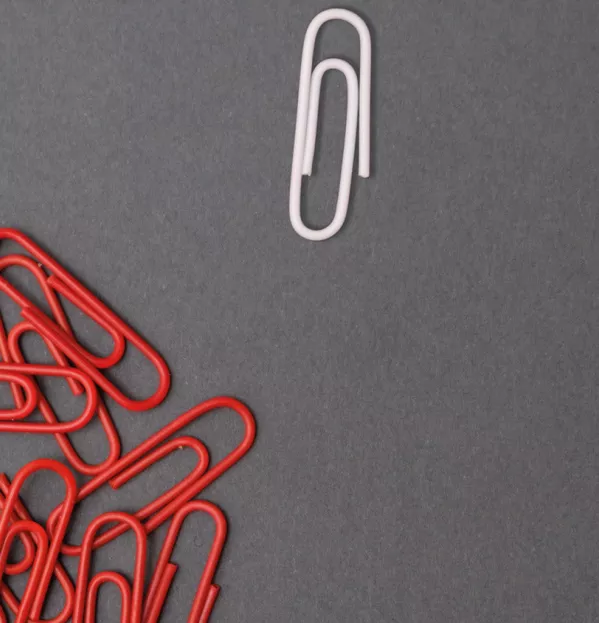Schools’ attitudes to bullying have greatly improved

Bullying is not a phase nor a rite of passage, not something to be endured like a cold shower - a brief rush of unpleasantness before you step out unmarked on the other side. The effects of bullying can linger for decades; they can entirely distort a person’s self-perception. Even apparently more innocuous examples of bullying, forgotten by the perpetrators as quickly as they are inflicted, can do lasting damage - a casual moment of cruelty can be a thorn in the side that is never fully removed.
School, for so many pupils over the generations, has been less a cold shower, more a neverending endurance course, a gauntlet entered into every day, where tormentors lay in wait and supposed protectors - the staff - fobbed you off with “sticks and stones” triteness. Even more serious attempts to address bullying, in retrospect, seem like trying to remove a stubborn stain from a carpet: all the attention was on finding a high-powered instant solution after the event, rather than stopping the problem before it happened.
A lot has changed in recent years. Awareness about bullying and the effects it has seem far higher in schools these days: the wilful ignorance and “kids will be kids” attitudes that proved so damaging in the past are now far from mainstream thinking. And intent - “I didn’t mean to hurt him” - is now seen as a red herring, with schools’ focus having shifted to the impact on those at the receiving end.
Yet, bullying still happens, and it has mutated of late. In a piece for Tes Scotland this Anti-Bullying Week, Wendy Harrington, director of national anti-bullying service respectme, said that online bullying can be particularly “relentless” as there is no “home time” at the end of each day - the cruelty continues apace day and night. And Covid-19 has further “changed the landscape”, she wrote, with around half of young people in Scotland seeing or experiencing online bullying during lockdown, according to a survey by the Time for Inclusive Education campaign.
Online or not, bullying fundamentally remains the same: an isolating and belittling form of cruelty. Schools’ understanding of its origins and how best to deal with it, however, have changed markedly.
The 2017 film Wonder, based on a hugely popular novel, perpetuates a traditional solution to bullying. In a climactic scene, Auggie, a 10-year-old boy with a rare facial deformity, is taunted about his appearance; Auggie and a friend give the bully his comeuppance by punching him in the face and kicking him in the groin, earning Auggie the respect of his peers and filling his father with pride. The message is clear: bullying is about hierarchies of power, and by use of violence, you can flip the pecking order around - and even win the friendship of bullies.
It’s a Hollywood solution that jars with common approaches to bullying in Scottish schools these days. As one primary school leader told me last year, dealing with bullying is “all about relationships”, both among pupils and between children and staff. Her school had introduced a positive behaviour policy in 2017, with a heavily preemptive approach based on social skills; when bullying did occur, conflict resolution helped those in the wrong understand what they had done and the impact it had had. Staff are acutely aware, too, that the perpetrator might be in need of support, and that shaming pupils for bullying behaviour - the word “bully” is seen as stigmatising and is falling out of use - can be counterproductive. The end result, the school said, was far fewer incidents of violence and bullying, and an atmosphere far more conducive to learning.
Bullying has not gone from schools - far from it. But schools’ more sophisticated understanding of the problem in 2020 offers plenty of hope that it will not scar today’s pupils to same degree as it did those of past generations.
@Henry_Hepburn
This article originally appeared in the 20 November 2020 issue under the headline “Bullying endures, but schools are wising up - and not before time”
You need a Tes subscription to read this article
Subscribe now to read this article and get other subscriber-only content:
- Unlimited access to all Tes magazine content
- Exclusive subscriber-only stories
- Award-winning email newsletters
Already a subscriber? Log in
You need a subscription to read this article
Subscribe now to read this article and get other subscriber-only content, including:
- Unlimited access to all Tes magazine content
- Exclusive subscriber-only stories
- Award-winning email newsletters